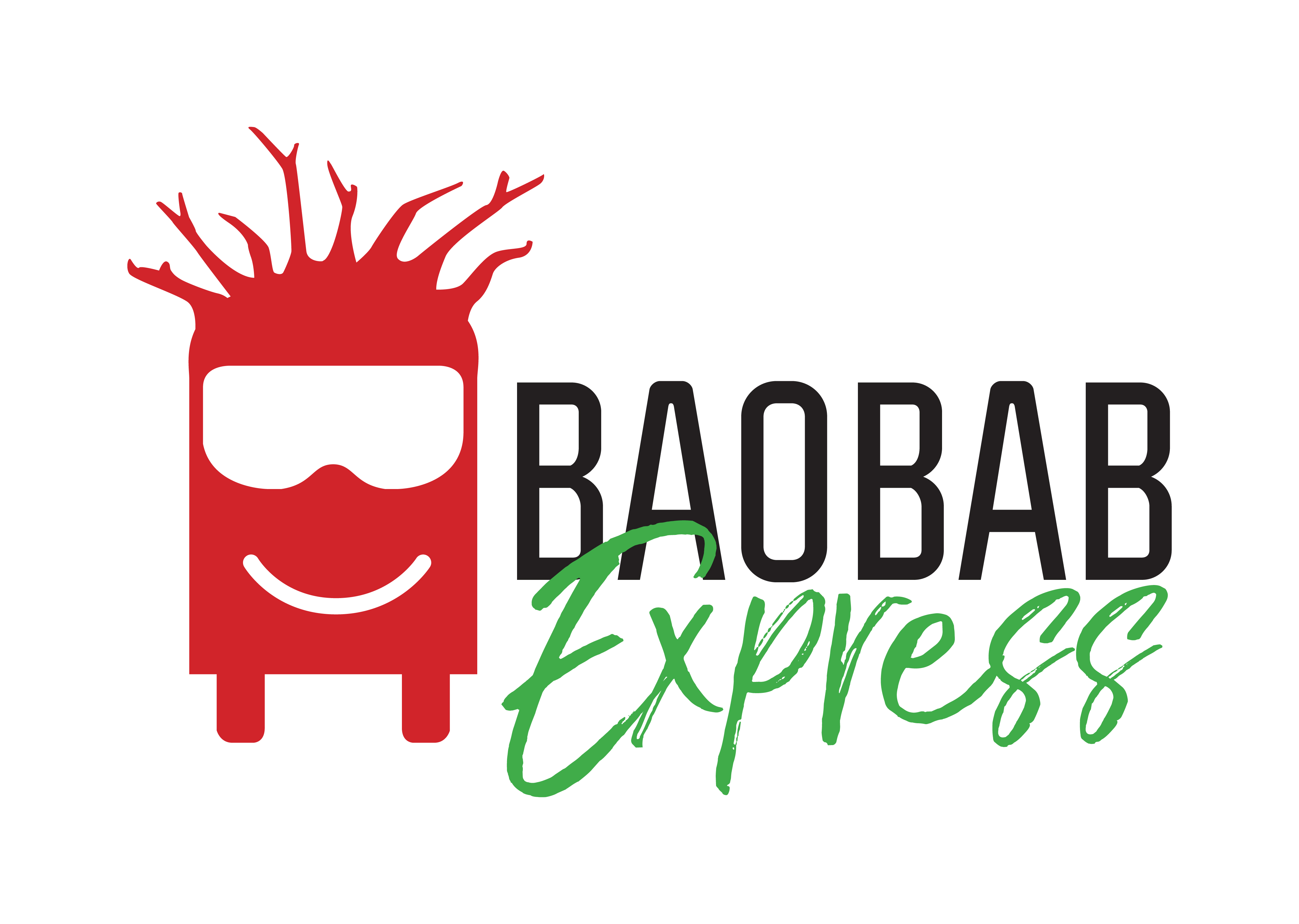



Baobab Express SA

Borgou Department, Benin
October 2019
Transportation support
Service with Significant Environmental Footprint
Benin
They are the transport company that reinvented mobility in Benin by providing safe and reliable transportation services in an ecosystem where mobility is a matter of luck. Through their leadership they want to show that there is another way to do business, by being inclusive and sustainable in everything they do. Their special focus is on isolated and underserved communities. They take pride in their amazing local team of over 250 people. In less than 6 years they have managed to grow and become the largest bus company in Benin. While entrepreneurship is underdeveloped in risk averse cultures, they showed that it can be an opportunity for growth. In 2013 they began by servicing a few lines, and now they are the largest bus company and the only one with national coverage. They choose to not only serve lines with the most profit potential, but also to ensure that there are lines connecting communities where these services are scarce. And this has become their competitive advantage: they have learned to run efficient and profitable service on lines that are economically less attractive by embedding them in an effective national network. To do so, Baobab operates a fleet of 24 comfortable buses, connecting all destinations across Benin. Bouger et gagner ensemble, c’est bon !
Overall B Impact Score
Governance 8.0
Governance evaluates a company's overall mission, engagement around its social/environmental impact, ethics, and transparency. This section also evaluates the ability of a company to protect their mission and formally consider stakeholders in decision making through their corporate structure (e.g. benefit corporation) or corporate governing documents.
What is this? A company with an Impact Business Model is intentionally designed to create a specific positive outcome for one of its stakeholders - such as workers, community, environment, or customers.
Governance 8.0
Governance evaluates a company's overall mission, engagement around its social/environmental impact, ethics, and transparency. This section also evaluates the ability of a company to protect their mission and formally consider stakeholders in decision making through their corporate structure (e.g. benefit corporation) or corporate governing documents.
What is this? A company with an Impact Business Model is intentionally designed to create a specific positive outcome for one of its stakeholders - such as workers, community, environment, or customers.
Workers 19.0
Workers evaluates a company’s contributions to its employees’ financial security, health & safety, wellness, career development, and engagement & satisfaction. In addition, this section recognizes business models designed to benefit workers, such as companies that are at least 40% owned by non-executive employees and those that have workforce development programs to support individuals with barriers to employment.
Community 17.5
Community evaluates a company’s engagement with and impact on the communities in which it operates, hires from, and sources from. Topics include diversity, equity & inclusion, economic impact, civic engagement, charitable giving, and supply chain management. In addition, this section recognizes business models that are designed to address specific community-oriented problems, such as poverty alleviation through fair trade sourcing or distribution via microenterprises, producer cooperative models, locally focused economic development, and formal charitable giving commitments.
Environment 7.4
Environment evaluates a company’s overall environmental management practices as well as its impact on the air, climate, water, land, and biodiversity. This includes the direct impact of a company’s operations and, when applicable its supply chain and distribution channels. This section also recognizes companies with environmentally innovative production processes and those that sell products or services that have a positive environmental impact. Some examples might include products and services that create renewable energy, reduce consumption or waste, conserve land or wildlife, provide less toxic alternatives to the market, or educate people about environmental problems.
Customers 34.3
Customers evaluates a company’s stewardship of its customers through the quality of its products and services, ethical marketing, data privacy and security, and feedback channels. In addition, this section recognizes products or services that are designed to address a particular social problem for or through its customers, such as health or educational products, arts & media products, serving underserved customers/clients, and services that improve the social impact of other businesses or organizations.
What is this? A company with an Impact Business Model is intentionally designed to create a specific positive outcome for one of its stakeholders - such as workers, community, environment, or customers.